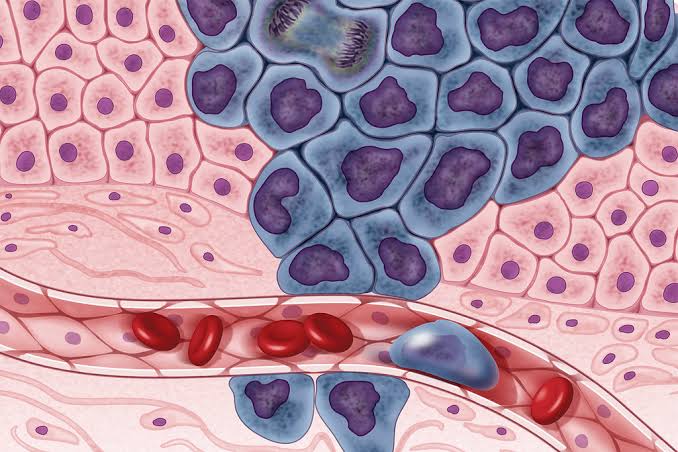The cancer pain is usually constant. Most patients with advanced cancer and up to 60% of patients with any stage of the cancer experience significant pain. A person with well-managed pain has better quality of life. They are likely to sleep well and have more energy during the day. Being as active as possible also minimizes the risk of ailments like pneumonia, blood clots and bedsores, which are associated with immobility. The foundation of cancer pain management is regular medication, including opioid and paracetamol drugs, chosen to suit each person and to minimize side effects.
Pain management choices for cancer pain
The type of pain experienced influences the choice of cancer pain management. Some of the factors that influence the choices include:
- The location of the pain
- The severity of the pain
- The type of pain such as tingling, sharp, or aching
- Whether the pain comes and goes or is persistent
- Which activities or events make the pain worse
- What events or activities make the pain better
- Current medications
- How much current medications are able to ease the pain
- The impact the pain has on lifestyle, such as poor quality of sleep or loss of appetite
Relaxation techniques in cancer pain management
Physical exercises and mental relaxation are part of cancer pain management because it reduces anxiety and also helps a person to better cope with pain. Your doctor may recommend reputable therapists or contact the professional association for your chosen therapy.
Helpful therapies are;
Hypnotherapy is the use of imagery to induce a dreamy relaxed state of mind. Hypnotherapy is also useful to ease some of the side effects of cancer treatment, such as nausea.
Meditation is deliberate clearing of the mind to bring about feelings of calm and heightened awareness. Meditation offers many long-term health benefits, such as reduced stress and blood pressure when practice regularly.
Massage is also a part of cancer pain management. It works by soothing soft tissue and in turn encourages relaxation.
Tai chi is a Chinese form of non-combative martial arts which consists of gentle movements to clear the mind and relax the body.
Breathing and relaxation; correct breathing, using the diaphragm and abdomen, can soothe the nervous system and manage stress.
Yoga is an ancient Indian system of postures synchronized with the breath.
Other pain management for cancer
Other techniques that may be beneficial to ease pain include:
Acupuncture is the ancient form of Chinese medicine and it involves inserting and stimulating fine needles into specific points of the skin. Acupuncture is an effective treatment in some pain syndromes, but there is little research looking at cancer pain.
Transcutaneous electrical nerve stimulation (TENS) therapy is another cancer pain management technique in which a minute electrical current is passed through the skin via electrode s, prompting a pain-relieving response from the body.

